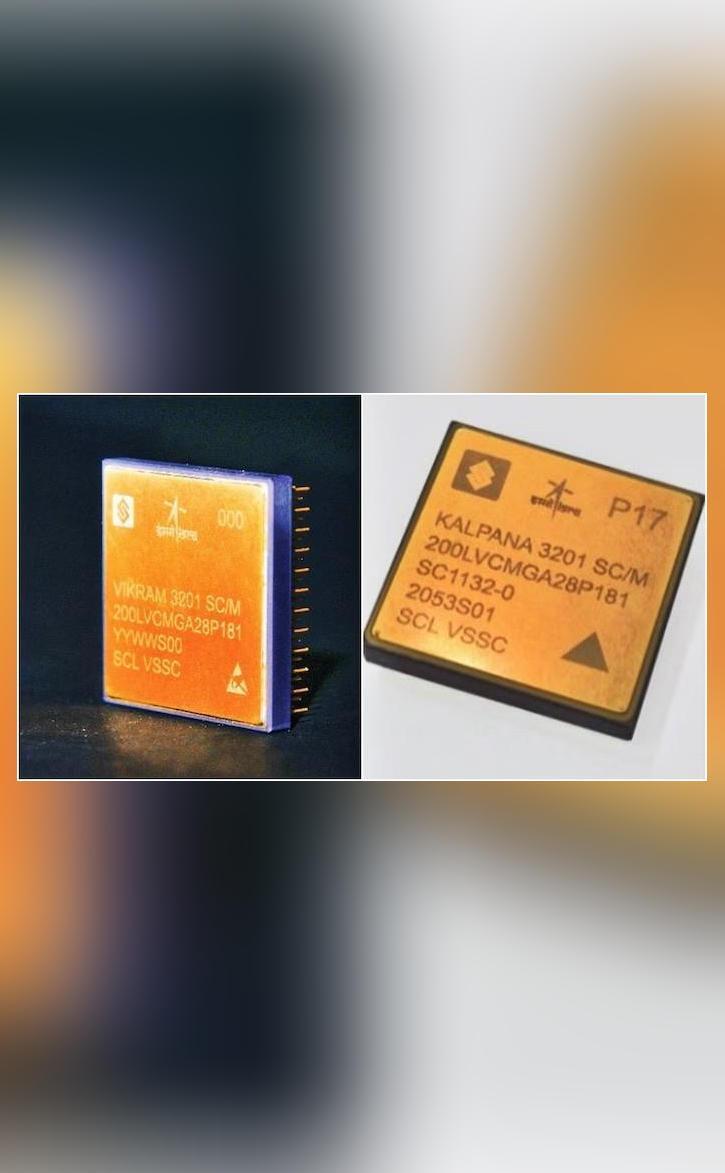
ISRO & SCL Develop 32-bit Microprocessors for Space Applications
In a significant achievement for the Indian space industry, the Indian Space Research Organisation (ISRO) and the Semiconductor Laboratory in Chandigarh have jointly developed two 32-bit microprocessors, VIKRAM3201 and KALPANA3201. These microprocessors have been designed specifically for space applications, where the harsh environmental conditions of launch vehicles pose a significant challenge.
The VIKRAM3201 is a notable achievement, as it is the first fully “Make-in-India” 32-bit microprocessor to be qualified for use in the extreme conditions of launch vehicles. This is a significant milestone for ISRO, as it paves the way for the development of indigenous space technologies.
The development of these microprocessors is a testament to the collaborative efforts between ISRO and SCL, a premier research institution in the field of microelectronics. The partnership has enabled the creation of high-performance microprocessors that can withstand the extreme temperatures, vibrations, and radiation exposure encountered during space launches.
The VIKRAM3201 microprocessor is designed to operate in the temperature range of -20°C to 80°C, making it suitable for use in a variety of space applications. It features a 32-bit architecture, with a clock speed of up to 100 MHz. The microprocessor is also capable of handling complex algorithms and mathematical operations, making it an ideal choice for a range of space-related applications.
The KALPANA3201 microprocessor, on the other hand, is designed to operate in the temperature range of -40°C to 100°C, making it suitable for use in extreme environmental conditions. It features a 32-bit architecture, with a clock speed of up to 50 MHz. The microprocessor is designed to be highly reliable and fault-tolerant, making it an ideal choice for use in critical space applications.
The development of these microprocessors is a significant step forward for the Indian space industry, as it enables the creation of indigenous space technologies that can compete with international standards. The availability of these microprocessors will also enable Indian space agencies to develop a range of space-related applications, including launch vehicles, satellites, and spacecraft.
The VIKRAM3201 microprocessor has already been qualified for use in launch vehicles, and it is expected to be used in a range of future space missions. The development of this microprocessor is a testament to the capabilities of Indian industry and academia, and it is expected to pave the way for further innovation and development in the field of space technology.
The partnership between ISRO and SCL is a significant example of the collaborative efforts being made to develop indigenous space technologies in India. The development of these microprocessors is a testament to the importance of public-private partnerships in driving innovation and development in the space industry.
In conclusion, the development of the VIKRAM3201 and KALPANA3201 microprocessors by ISRO and SCL is a significant achievement for the Indian space industry. These microprocessors are designed to operate in the harsh environmental conditions of launch vehicles, and they feature high-performance architectures that enable the creation of complex space-related applications.
With the development of these microprocessors, India is one step closer to achieving its goals of becoming a major player in the global space industry. The availability of these microprocessors will enable Indian space agencies to develop a range of space-related applications, including launch vehicles, satellites, and spacecraft.
As the Indian space industry continues to grow and evolve, it is likely that we will see further innovations and developments in the field of microprocessors. The partnership between ISRO and SCL is a testament to the importance of collaborative efforts in driving innovation and development, and it is likely that we will see further examples of public-private partnerships in the future.






